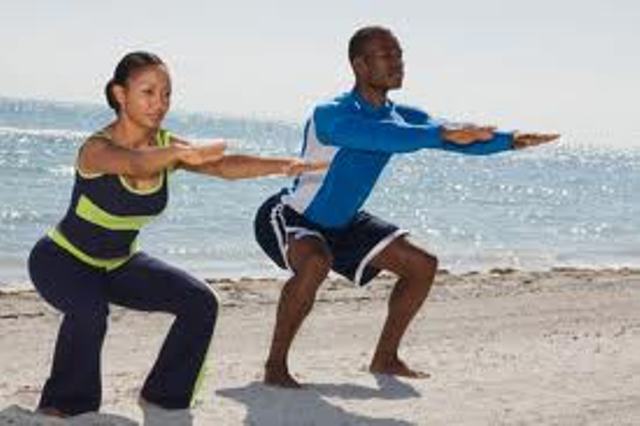There’s no denying that regular exercise brings many physical benefits — it’s recommended by medical professionals, health organizations and governments as a key part of a healthy life — but physical fitness isn’t the only benefit of exercise.
In addition to increased strength, a lower risk for many health issues and weight loss benefits, regular exercise is also great for your mental health. Research has been growing on the subject of exercise and mental health and physical activity is now recommended to patients suffering from depression, anxiety and other mental health ailments.
Even those without health problems greatly benefit from exercise. Whether you’re looking for a surge of creativity or hoping to beat the blues, exercise could be a great solution. We’ve combed through the research and outlined some of the many ways exercise can improve your mental health.
- Boosts Your Mood
Regular exercisers are quick to point out the boost in energy and mood that comes after physical activity (sometimes called the runner’s high). Though researchers aren’t in total agreement about what specifically causes that boost, medical professionals recommend exercise as a way to lift spirits.
- Keeps the Brain Sharp
When stuck at work or struggling to make a decision, your best bet may be to fit in some exercise. Many studies suggest exercise improves brain function almost immediately and the positive effects can make a big difference in the long-run. For help with decision making, planning and learning new information, a Harvard Medical School study suggests making exercise a top priority.
- Protects Cognitive Function Long-Term
“Regular physical activity can help keep your thinking, learning, and judgment skills sharp as you age,” reports the CDC and they’re not alone in their findings, scientific studies point to exercise as a way to improve memory and brain health in older adults. In an age when Alzheimer’s is a big concern and researchers are finding that physical activity may help, exercise is as important as ever for older adults and it’s never too late to start.
- Improves Memory
From spelling and vocabulary tests to recalling names, memory is a major part of life from elementary school through adulthood and research suggests that exercise can help with recall. The New York Times has also reported on earlier studies that showed a correlation between exercise and better memory.
- Helps Creativity
If you’re having trouble thinking “outside the box” a tough run or strength training session might just be the answer to your creativity block. A number of studies on the subject have shown that physical activity improves creative thinking, for a couple of hours after exercise. That should be enough of a boost to beat whatever creative block is in your way









Leave a Reply